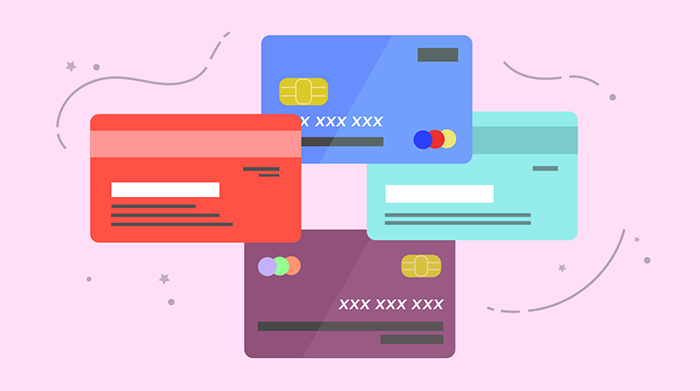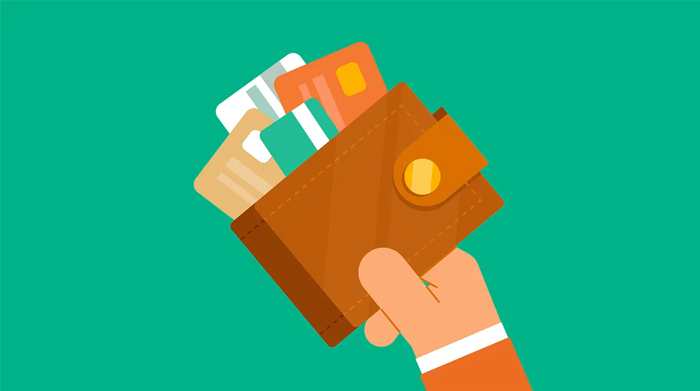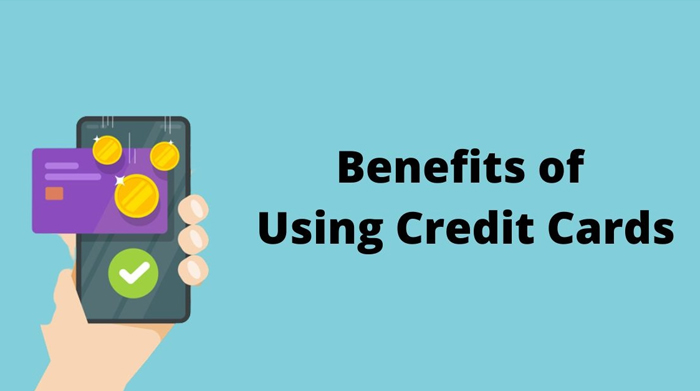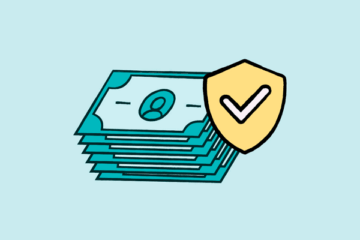Tips for Using Your Credit Card Responsibly
Anúncios
Credit cards offer a convenient way to manage finances, earn rewards, and build credit history. Despite their practical uses, they also carry the potential for debt if not managed properly. To wield this financial tool effectively, users must approach credit card use with careful consideration and self-discipline.
Practicing responsible credit card habits entails understanding the terms of the credit card agreement and using the card within one’s financial means. Timely bill payment is a cornerstone of responsible credit card use, as it directly influences credit scores and demonstrates reliability to lenders. Avoiding the pitfall of carrying debt from month to month by paying off balances in full and limiting frivolous expenditures helps in maintaining financial health and maximizing the benefits of credit usage.
Anúncios
Employing such strategies shields users from exorbitant interest and penalties, while fostering a strong and favorable credit history. This not only enhances their creditworthiness but also paves the way for future financial endeavors, such as loan approvals or mortgage applications. Users are thus encouraged to take a proactive and informed approach to credit card use, ensuring the card serves as an asset rather than a liability.
Understanding Credit Card Basics
When entering the world of credit cards, one’s financial well-being hinges on a clear grasp of credit limits and the oft-complex terrain of interest rates and fees. These fundamental aspects dictate the responsible use and the potential benefits or pitfalls of credit cards.
Anúncios

The credit limit is the maximum amount a cardholder can spend using their credit card. Financial institutions determine this limit based on one’s creditworthiness, which includes income, credit history, and credit score. Staying well within this limit not only keeps one financially afloat but also aids in maintaining a healthy credit score by avoiding overutilization.
For example:
- Credit limit given: $5,000
- Advised spending utilization: 30%
- Ideal spending amount: $1,500 or less
Keeping track of the credit limit helps cardholders to plan their spending and ensures they do not incur over-the-limit fees or damage their credit score.
Understanding Interest Rates and Fees
Interest rates and fees are arguably the most crucial factors to understand in order to minimize costs and maximize the benefits of a credit card. The Annual Percentage Rate (APR) is the yearly interest rate charged on outstanding balances. It’s divided into:
- Purchase APR: Interest on purchases
- Balance transfer APR: Interest on transferred balances from another card
- Cash advance APR: Interest on borrowed cash from the credit line
Essentially, paying the full balance on time each month allows one to avoid interest charges altogether. In contrast, carrying a balance will incur interest.Understanding these fees and when they are charged can empower cardholders to avoid unnecessary costs and make informed financial decisions.
Strategies for Responsible Credit Card Use
Exercising prudence in credit card management necessitates the adoption of well-defined strategies. By steadfastly adhering to these deliberate tactics, individuals utilizing credit cards can avail themselves of the associated benefits without succumbing to potential financial pitfalls. This disciplined approach serves as a reliable framework, ensuring that the advantages of credit are harnessed responsibly, contributing positively to one’s financial trajectory.

Crafting a tailored and systematic approach to credit card utilization is paramount. It not only mitigates financial risks but also transforms credit cards into instrumental assets for financial empowerment. Through the meticulous application of these strategies, individuals can confidently navigate the intricate landscape of credit, making each transaction a deliberate and calculated step toward sustained financial success
Paying Bills on Time
Consistently paying credit card bills by the due date is crucial. It avoids late fees and contributes positively to one’s credit score. Setting up automatic payments or calendar reminders can ensure punctuality.
Keeping Debt Levels Manageable
One should only charge what they can afford and keep credit utilization below 30% of the available limit. High debt can result in costly interest charges and can negatively affect credit health.
Monitoring Credit Card Statements
Regular review of credit card statements is essential for spotting unauthorized transactions and understanding spending patterns. Promptly report any discrepancies or suspicious activities to the card issuer.
Using Rewards and Benefits Wisely
Cardholders should leverage credit card rewards and benefits that align with their spending habits. However, they must understand the terms to avoid rewards overshadowing the costs. This means using rewards for purchases they were planning to make anyway, rather than letting potential rewards incentivize unnecessary spending.
What steps should I follow to build my credit with a credit card?
To build credit using a credit card, one should make purchases within their budget, pay bills on time, preferably in full, and keep credit utilization low. This demonstrates to lenders their reliability as a borrower.
What are the key tips for beginners to manage credit cards effectively?
Beginners should start by choosing a card with no annual fee, understanding the terms of the credit agreement, and tracking their expenses to stay within a budget. Monitoring account statements and due dates is essential for effective management.
How can I maximize the benefits of my credit card usage?
To optimize the advantages offered by credit cards, it’s essential to strategically leverage purchases that accrue rewards or cashback, capitalize on sign-up bonuses, and take advantage of promotional interest rates. A meticulous approach involves a thorough assessment of the card’s reward structure and redemption options, aligning them with one’s spending patterns.

By doing so, individuals can ensure that their credit card usage not only meets their financial needs but also enhances their overall financial well-being.
What is the right way to handle credit card transactions at retail locations?
At retail locations, safeguard personal information by never sharing a PIN or letting the card out of sight during a transaction. Ensure that the receipt reflects the correct amount and keep it for reconciling with the monthly statement.
In what ways can credit cards be used to earn money or rewards?
One can earn money or rewards from credit cards by enrolling in cashback programs, collecting points on every purchase for later redemption, or taking advantage of travel rewards. It’s important to understand and use the card’s rewards program to its full potential.
What are the top practices for maintaining responsible credit card habits?
Top practices include paying balances in full to avoid interest, not exceeding the credit limit, reviewing statements for accuracy, and updating the lender with any changes in financial status. Responsible usage also means being mindful of the impact of credit inquiries on one’s credit score.





